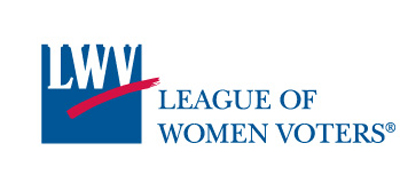By Stan Matthews
San Juan County Website and Communications Manager
Public Works Director Frank Mulcahy told the San Juan County Council Tuesday that County residents should see changes in the solid waste system around the end of August 2012. The changes follow the November 8 election in which voters rejected a proposal to establish a parcel fee to help fund the financially troubled County solid waste utility.
When the County Council placed the proposed fee on the ballot, its members said that a vote against the new fee would be construed as a vote for “Plan B” – which ends the County utility’s operation of solid waste facilities on San Juan, Orcas and Lopez Islands and moves to a system that will pick up almost all residential trash and recycling at roadside.
Since the vote, the County Public Works Department, a Council subcommittee, and Administrator Pete Rose have been working to flesh out Plan B and come up with a time table.
“It’s not quite as easy as just throwing a switch,” said Mulcahy. “We want to make sure we have a smooth transition to the new system, which means we have to coordinate with a lot of agencies and entities including the County Council, the Department of Ecology, the Washington Utilities and Transportation Commission and — of course – San Juan Sanitation, the certified hauler that will take over many of the services we now provide.”
Others with a major stake in the transition are the Port of Lopez, which has expressed an interest in taking over the Lopez facility; the operator of the Exchange at the Orcas facility; and the Town of Friday Harbor, the owner the County-operated facility on San Juan Island.
The Public Works Department hopes to complete the transition by the end of August, but it has budgeted to continue current operations through the end of September in case there is a delay.
Before the transition is complete, the County Council must make some basic decisions and adopt an updated Solid and Hazardous Waste Plan that accommodates the changes in solid waste handling. The plan must pass also win the approval of the Washington Department of Ecology. Part of planning process involves deciding how residents will dispose of medical wastes, large appliances, car batteries, motor oil, solvents, surplus pesticides, paint and other wastes that are potentially dangerous if they get into ground or surface water. The County must also decide how recycling will be handled, and what specific services will be required of the certified waste hauler.
San Juan Sanitation has indicated that it will need time to purchase equipment and recruit and train employees once the Council formally adopts a “level of service” ordinance setting out the County’s requirements. Among the tougher issues still under discussion is how to provide service to residents in hard-to-reach areas of San Juan, Orcas and Lopez Islands.
When the smoke finally clears, the County’s direct role in the solid waste system will be reduced, but it will still have continuing responsibility and costs for monitoring decommissioned landfills and providing for services not offered by the certified hauler.
“Under state law, San Juan County remains responsible for insuring that the trash, recycling and hazardous wastes generated in this county are taken care of properly,” said Mulcahy. “We’re working very hard to make sure that the system we end up with meets that responsibility.”
**If you are reading theOrcasonian for free, thank your fellow islanders. If you would like to support theOrcasonian CLICK HERE to set your modestly-priced, voluntary subscription. Otherwise, no worries; we’re happy to share with you.**







